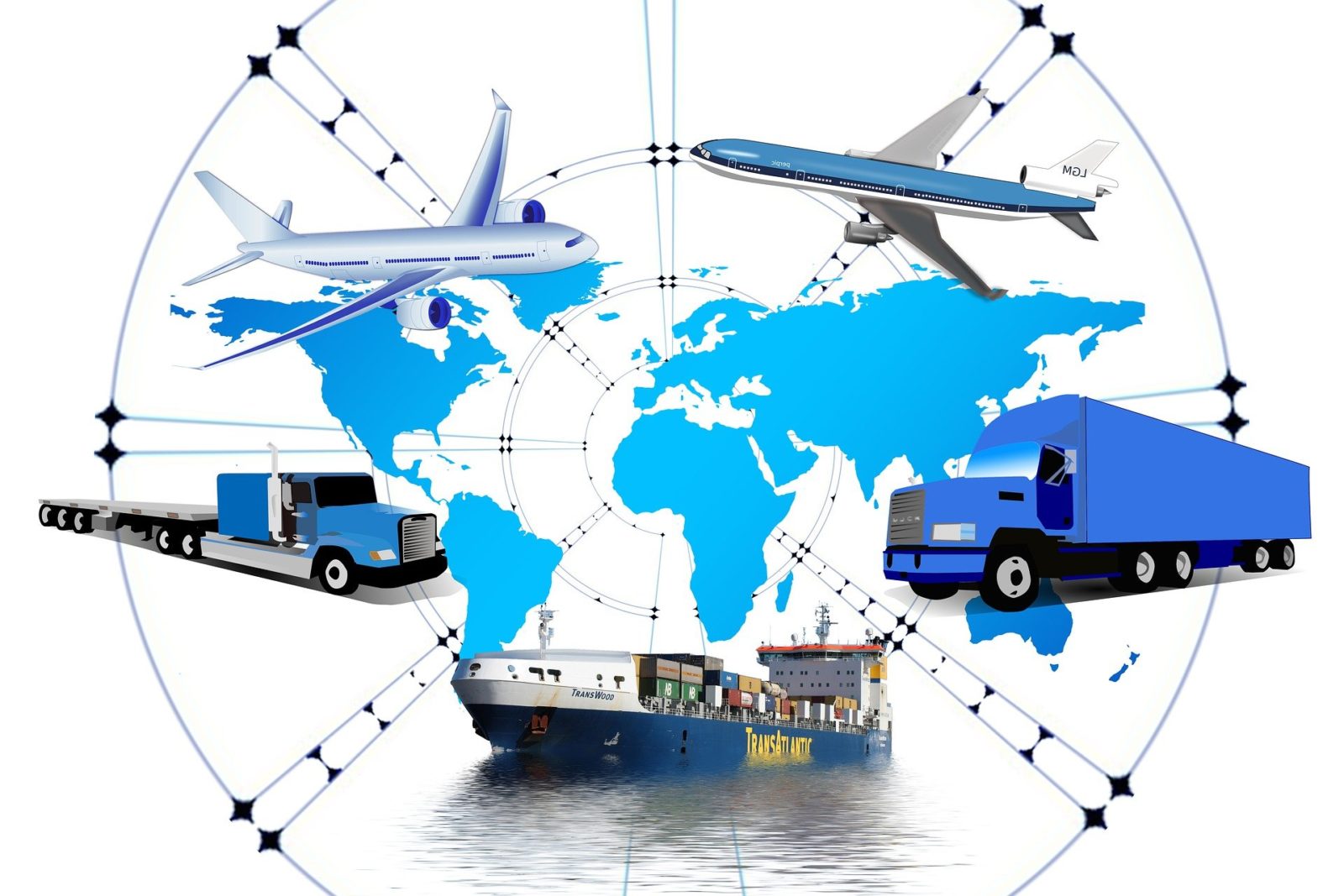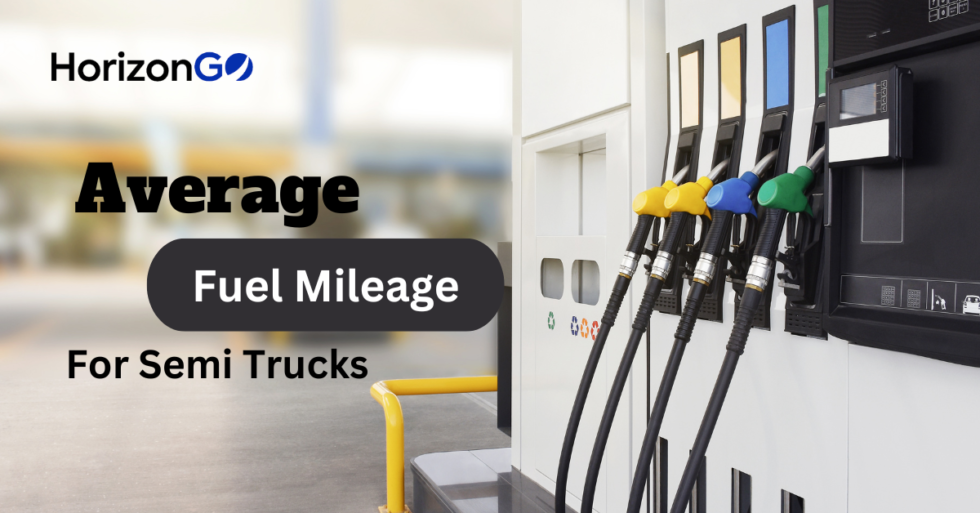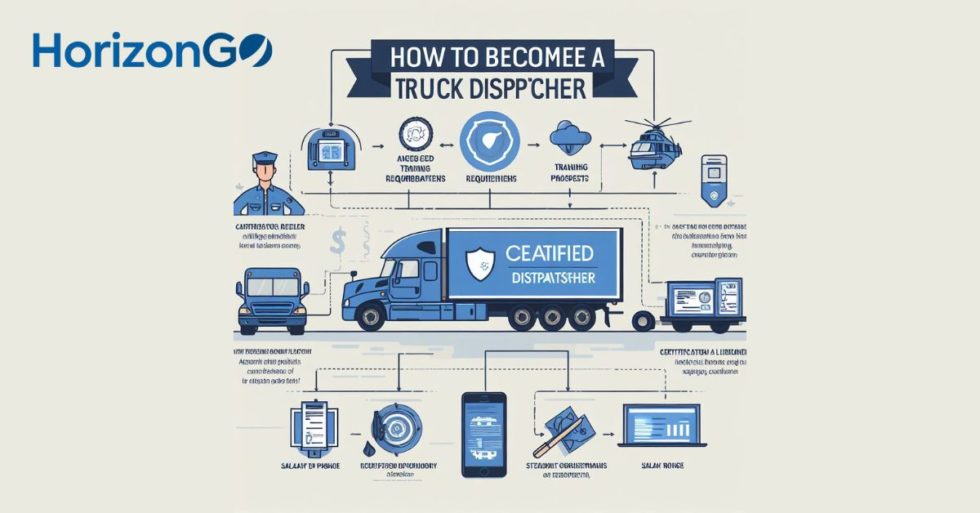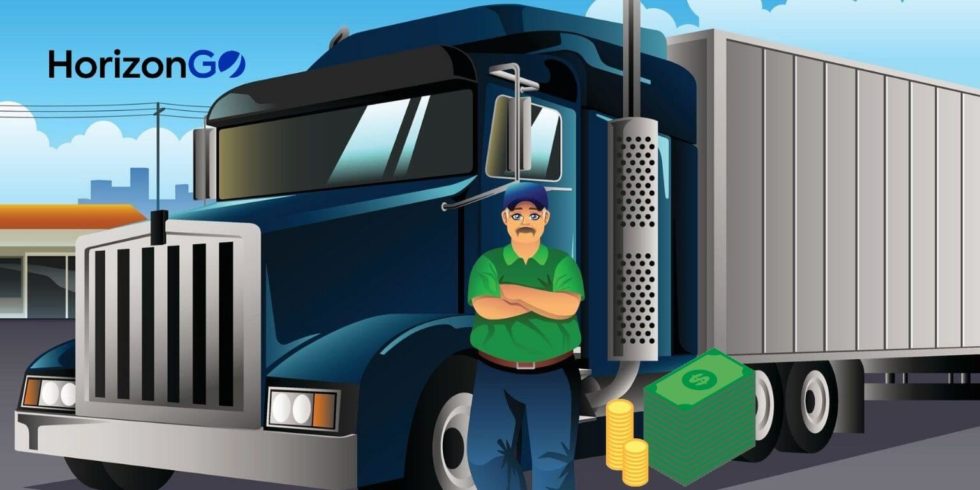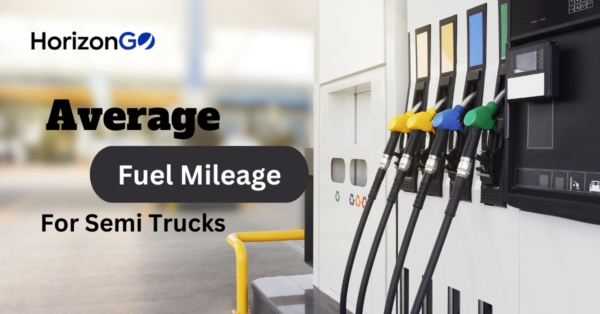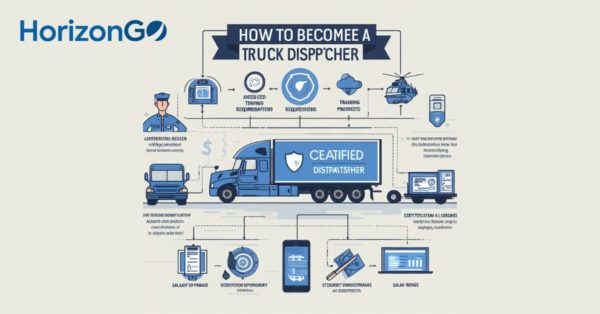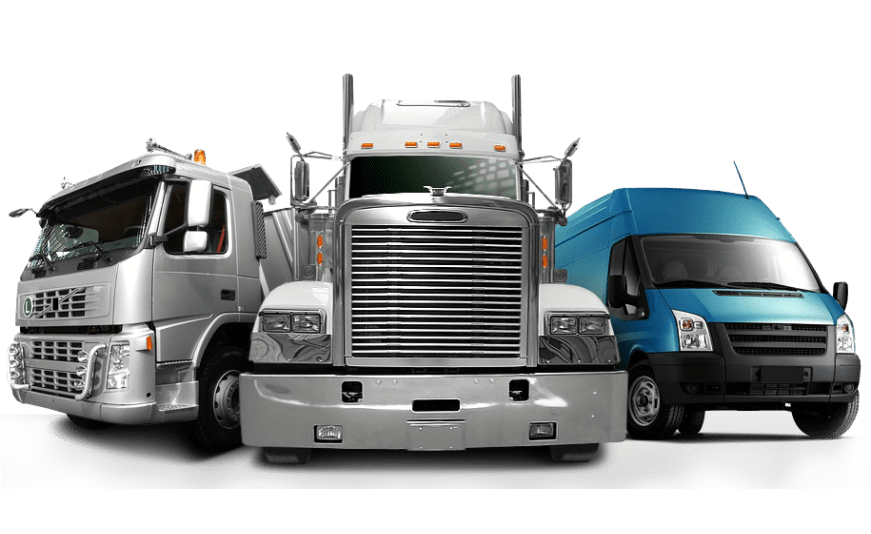What is Logistics Management System?
A logistics management system is a set of software applications that improve company operations from start to finish. A logistics management system will benefit from managing orders, controlling goods, transferring items to consumers, and returning products if required.
The logistics management system will assist your business by offering timely, high-quality, and reliable service to your clients, improving their experience. It will also improve your supply chain, help you minimize expenses, and optimize your logistics strategy.
Software Solutions for Logistics Management
These are the best logistics solutions for optimizing operations and increasing functionality.
Software for Managing Orders
Whenever a consumer puts in an order, the order process typically begins and concludes with delivering their goods or service. Software for managing orders automates processes and improves the fulfillment process, reducing mistakes and allowing consumers to obtain what they need faster. However, the company saves money and improves customer satisfaction by enhancing efficiency.
Orders, inventory, supplier, and user information must be linked in one framework to handle orders and minimize duplicate processing mistakes successfully. Order management software (OMS) collects items from all of your distribution channels and tracks data from when they’re placed to when the client approves delivery. It is your major connection site. All main contacts are shown, including routes, locations, stocks, warehouse connections, and financial integration to make bills and take payments, among other things.
Inventory Management
Inventory management is responsible for regulating and recording the number of items available for sale as part of the supply chain. Collecting, maintaining, and managing inventory while coping with its quick and frequent variations necessitates the management of extremely precise product information. Shifting spreadsheets to inventory management systems (IMS) ensures transparency by centralizing all data in a single area.
Strategic Transport Planning
After the order has been constructed and packaged.The final step before it exits the warehouse is to optimize its transportation.
Selecting a Delivery Method
LMS chooses the optimal transportation logistics solutions for your freight demand from various possibilities. Dry van transit for non-refrigerated commodities to heated freight for temperature-sensitive goods; less-than-truckload (LTL) freight for cost-effective shipment of light load to heavily loaded freight for enormous loads and bulk freight for vast quantities of raw materials, etc.
Carrier Network is Being Connected To
LMS links transporters and carriers, allowing everyone involved to choose the optimal transit choice. Transportation supply chain instruments can help you select the most inferior courier.
These tools help in customizing a client’s request for a proposal, answering questions, receiving proposals, and analyzing rates. 3PLs, on the other hand, normally have no assets of their own and instead connect suppliers’ shipping needs with certified fleet providers.
Custom Costs and Documents for worldwide Fulfilment
Although shipping costs include a lengthy process and constantly changing export control requirements, LMS would make things much easier. The technology estimates real taxes, cross-border fees, and logistics services expenses in different languages and currencies. LMS also controls required shipping paperwork, guaranteeing compliance between domestic and international regulatory procedures.
Management of Transportation
Transportation management software is the major software package for solving transportation requirements and monitoring all shipment data. Firms intending to use TMS systems are searching for the following components:
Monitoring and Scheduling Shipment
TMS enables customers to arrange their shipping through their personalized, online TMS account. The current population, type of vehicle, and capacities and predicting traffic analysis are used to estimate delivery times.
TMS supports on-time delivery by automating asset tracking and sending out timely warnings to shippers and customers when a shipment is late.
Accounting For Transportation
TMS keeps clients up to date on their shipping costs by centralizing all shipment-related documentation. Accounting is made easier by the system, which allocates expenses, assigns billing codes for accountability and budgeting purposes, and generates and pays freight bills, among other things.
1. Managing the Supply Chain
A Company’s performance depends on effective supply chain logistics management. The logistics project management software must control the exchange of goods and services from the production line to the end customer. It monitors how well products are changed from production to delivery and connects its products’ manufacturing, shipping, and distribution.
With a good logistics and supply chain management logistics policy. There is more cooperation between the various departments or teams participating in the freight management logistics company. It leads to better coordination, higher product quality, and more profits. One of the most important determining elements for client happiness is accessibility. Businesses may guarantee that the appropriate product is delivered to the right person at the right time by implementing the proper SCM actions.
2. Visibility in real-time
Customers appreciate real-time monitoring of their orders and immediate notification about any shipment issues that may arise. Aside from that, having correct data on hand allows dispatchers to plan for the last requests, orders, or cancellations. Change is unavoidable in every business. It is critical to have complete insight across the supply chain using effective logistics tracking software to guarantee that the dispatcher and agents quickly respond to last-minute snags.
Analytical logistics
The program can assess freight records and enhance customers’ processes using advanced analytics data, lowering logistical costs and shortening cargo delivery schedules. So, the program may generate a computer model for predicting supply chain difficulties and constructing performance measures and KPIs using Data Analytics.
Because the LMS captures so much information, a logistics analytics software’s (LAS) analysis leads to increased flexibility and control over future logistics results.
LAS produces some key reports, including:
- Freight accruals keep records of the expenditures of transporting your products to a consumer. Analytics makes it easier to figure out what the company’s real revenue is at any particular time.
- Carrier records may help you find the lowest-cost operators, monitor their performance, such as on-time pickups and deliveries, and ensure that your routes are compliant.
- KPI reports giving a quick picture of the company’s performance, emphasizing the most important indicators.
Every Business Needs the Right Logistics Solution
It’s time to consider your selections now that you’ve learned about some of the most critical characteristics of logistics management software. We recognize that finding the correct technology may be difficult, particularly when managing the specific needs of each client and organization. The correct transport management and logistics software, on the other hand, will take care of everything for you. The system will handle all complicated activities simultaneously. Speeding up the company flow and bringing in more income while saving you money.
HorizonGO is therefore the answer if you’re seeking a single piece of software that can accomplish everything for you. The platform provides complete transparency, real-time tracking, and increased delivery efficiency.
Frequently Asked Questions
What is logistics Management?
Logistics management ensures that industrial operations run smoothly. It assures on-time supply and the most efficient use of raw materials. Companies must improve communication with other departments to obtain this. So, logistics management permits data to flow freely from one department to the next.
Logistics management is the administration of supply chain management and logistics functions that assists businesses in planning, managing, and implementing methods for moving and storing items.
Fleet management, materials handling, delivery of goods, logistics management system, inventory control, resource planning, and administration of third-party logistics service providers are all common logistics management operations.
What is the Function of a Logistics Management Specialist?
A logistics management specialist is responsible for an organization’s management. You establish logistical strategies, ensure they stay on track, and analyze the quality as a logistics management professional. However, typical logistics management job descriptions include everything from scheduling shipments to controlling inventories to budgeting. It would help if you supervised other employees in your department as a manager. Relevant service and support and management experience are required for this position.
What is Logistics and Supply Chain Management?
The primary distinction between logistics and supply chain management is that logistics management is concerned with the connectivity and maintenance of products within an organization. In contrast, supply chain management is concerned with managing and operating an organization’s supply chains.

